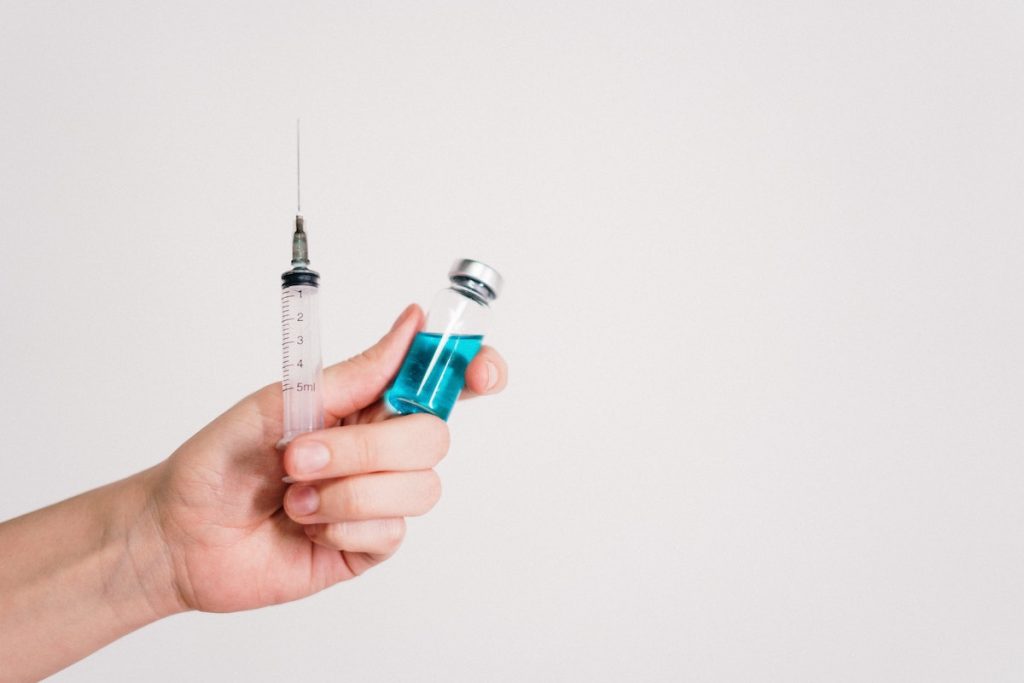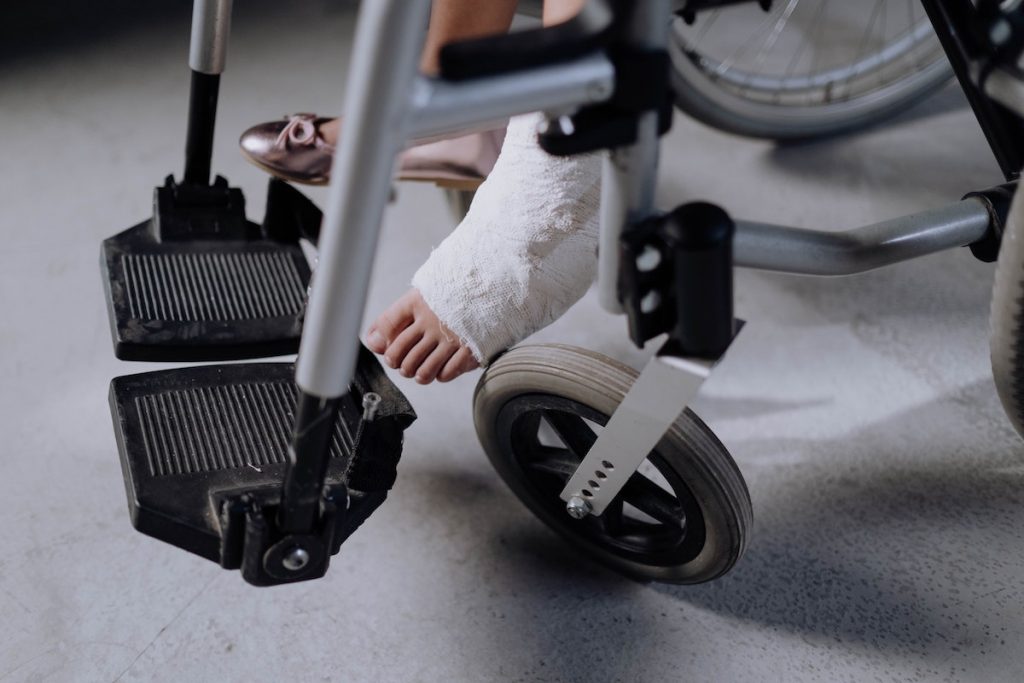Doping is one of the most scandalous things that an athlete can do. Lance Armstrong, former legend of the road-cycling world, was rendered a pariah when it came to light that he was using performance enhancing drugs when he won several prestigious cycling awards. He came clean in an interview with Oprah Winfrey in 2013, admitting that his perfect story as a cyclist wasn’t true.
Among the most popular and notorious performance enhancing drug athletes routinely use are anabolic steroids. Known for helping weightlifters achieve greater muscle mass, anabolic steroids have a long history with sports. However, its usage or abuse can irrevocably alter the body with conditions like palumboism. Many people can be shocked at what the human body looks like before and after steroids.
Today, learn what happens to your body before and after using steroids as well as its negative medical effects, like steroids effect on the heart.
What are Anabolic Steroids?

The term “anabolic steroids” refers to synthetic versions of naturally occurring male sex hormones, specifically testosterone. More accurately, they are called anabolic-androgenic steroids, which means they help build muscles and naturally occur in human males. They are prescription medicines, which means someone has to have a prescription from a medical professional to acquire them legally.
In a medical setting, anabolic steroids are used to treat people with certain conditions. These health conditions can include some of the following:
- Hormonal problems in men. Some men have medical conditions that prohibit their body from generating their own testosterone. These issues can be congenital, meaning they were born with it, or it developed later on. Certain medical procedures like invasive brain surgery or taking specific medicines can suppress hormone production, meaning people have to take steroids to make up for the loss.
- Delayed puberty. Some children have a congenital birth defect that could prevent them from entering puberty, which requires lots of testosterone. Anabolic steroids help their bodies jump start the processes that begin adolescence.
- Muscle loss. Finally, anabolic steroids can help stimulate muscle growth when medically needed. Conditions that can make the drug necessary include atrophied muscles and other degenerative muscular diseases.
How to Athletes Abuse Steroids?
Rather than use body building supplements that work like steroids or stick to natural methods of bulking, some athlete choose to use anabolic steroids to beat their competitors. Steroids abuse is just one form of drug abuse.
And like all forms of drug abuse, athletes who want to bulk up have many ways of taking steroids.
- Pyramiding. Refers to the practice of slowly increasing misuse of anabolic steroids. The athlete in question may increase either the dosage or frequency of their doping. Upon reaching a set peak amount, they decrease the dose back to zero.
- Stacking. Some athletes may want to bulk up even faster and combine more than one kind of steroids for quicker results.
- Cycling. Refers to a rigorous schedule of steroids the athlete will take multiple doses of anabolic steroids in a set amount of time. Then they will stop for a short period before starting the cycle again.
How do Steroids Affect Your Body?

Athletes and bodybuilders already go to incredible lengths to maintain and improve their physicality. But sometimes they push the limits too far. Some of them can turn to crazy eating regimens like the snake diet for more sculpted physiques or use performance enhancing drugs like anabolic steroids. But such punishing and chemically infused regimens can have lots of negative side effects. Changes on the mind and body before and after steroids can be very glaring.
Anabolic steroids’ primary effect on the body is enlarging the muscles and making it easier for athletes to bulk up, due to the overabundance of testosterone. But this deluge of synthetic hormones eventually leads to negative health impacts. Some general and permanent health issues that can stem from abusing anabolic steroids include the following:
- Damage to the kidneys can lead to problems processing your blood or even complete failure.
- Damage to the liver can cause problems as well as lead to tumorous growths,
- Steroids effects on the heart includes increased blood pressure and the enlarging of the heart itself. Both effects can significantly increase an athlete’s risk of getting a stroke of heart attack.
Because hormones are also linked with behavior and mentality, steroids abuse can also affect the way an athlete thinks. Some of the mental effects of this form of drug abuse include the following:
- Irrational fear and increasing paranoia or jealousy.
- “Roid rage” or extreme aggressiveness and short temper leading to violent outbursts.
- Manic behavior, including over-eagerness, short attention span and impatience.
- Delusional thoughts which can contribute to paranoia and jealousy.
It also has several sex-specific effects. Among men, steroids abuse can cause the following problems:
- Shrinkage of the testicles
- Enlargement of the pectoral muscles and breasts
- Possibly palumboism, or “roid gut”
- Hair loss
In women, the drugs can have plenty of negative effects as well, such as:
- Deepening of the voice
- Baldness
- Facial and body hair growth
- Changes to menstruation and fertility.
The changes to an athlete’s body and well-being before and after steroids can be very alarming. Learning more about how it can negatively impact your health, such as steroid’s effects on the heart, can help you persuade athletes or enthusiasts you know from abusing these substances.




